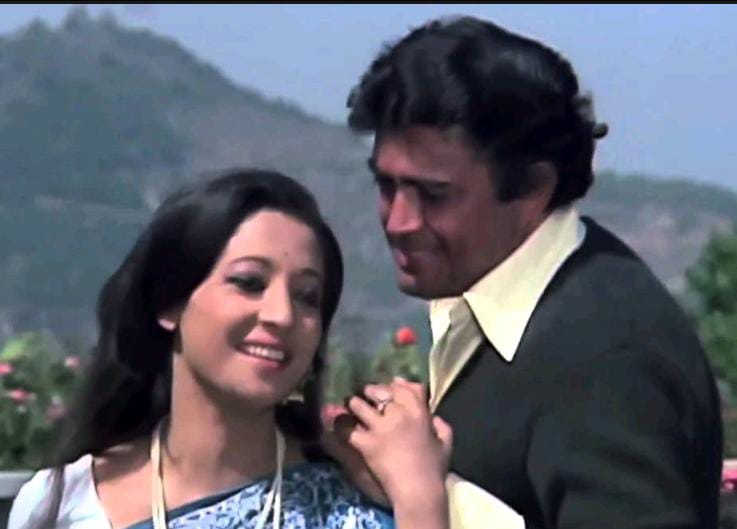India & World UpdatesHappeningsCultureBreaking News
Revisiting Gulzar’s Aandhi, writes Shanku Sharma

//Shanku Sharma//
In the pantheon of Indian cinema, few films have left as indelible a mark as Aandhi (1975). Directed by Gulzar, the film is a nuanced exploration of the intersection between personal and political realms, framed within a poignant love story. Released during a period of significant political upheaval in India, Aandhi has transcended its era to remain relevant in contemporary discourse. Aandhi tells the story of Aarti Devi (played by Suchitra Sen), a powerful politician, and her estranged husband, JK (Sanjeev Kumar). The film explores the strains that Aarti’s political ambitions place on her marriage. Upon its release, the film stirred controversy due to perceived similarities between Aarti Devi and the then Prime Minister, Indira Gandhi. Despite the filmmakers’ insistence that any resemblance was coincidental, the film faced censorship issues, resulting in a temporary ban during the Emergency period.
At the heart of Aandhi is the complex relationship between Aarti and JK. Their love story is tenderly depicted through flashbacks, contrasting their happier past with their strained present. Aarti’s rise in the political arena demands sacrifices, and her marriage becomes collateral damage in her quest for power and influence. The film’s narrative oscillates between their past and present, creating a layered understanding of their bond and the personal costs of political ambition.
Gulzar’s direction is both subtle and evocative, allowing the story to unfold with a poetic sensibility. His use of music, penned by himself and composed by the legendary R.D. Burman, enhances the emotional depth of the film. Songs like “Tere Bina Zindagi Se” and “Is Mod Se Jaate Hain” are not just melodious but are integral to the storytelling, reflecting the internal struggles of the characters.
Suchitra Sen and Sanjeev Kumar deliver performances that are both powerful and restrained. Sen, in particular, shines in her portrayal of Aarti Devi, balancing her character’s vulnerability with her steely political resolve. Kumar’s portrayal of JK is equally compelling, bringing a quiet dignity to a man torn between love and the harsh realities of his wife’s ambitions.
Aandhi remains a landmark film for its bold narrative and its critical take on the dynamics of power and personal relationships. It sparked discussions about the role of women in politics, the sacrifices demanded by public life, and the personal costs of professional success. The film’s dialogues and songs continue to resonate, often quoted and referenced in discussions about Indian cinema and politics.
Despite the controversies, Aandhi received critical acclaim and multiple Filmfare Awards, including Best Film and Best Director. Over the years, it has garnered a cult following and is frequently cited as one of Gulzar’s finest works.
Nearly five decades after its release, Aandhi stands as a testament to the power of cinema to reflect and critique societal norms. It is a film that bravely addresses the complexities of life in the public eye while telling a universal story of love, loss, and longing. As we revisit Aandhi, we are reminded of its enduring relevance and the timeless brilliance of its storytelling.



